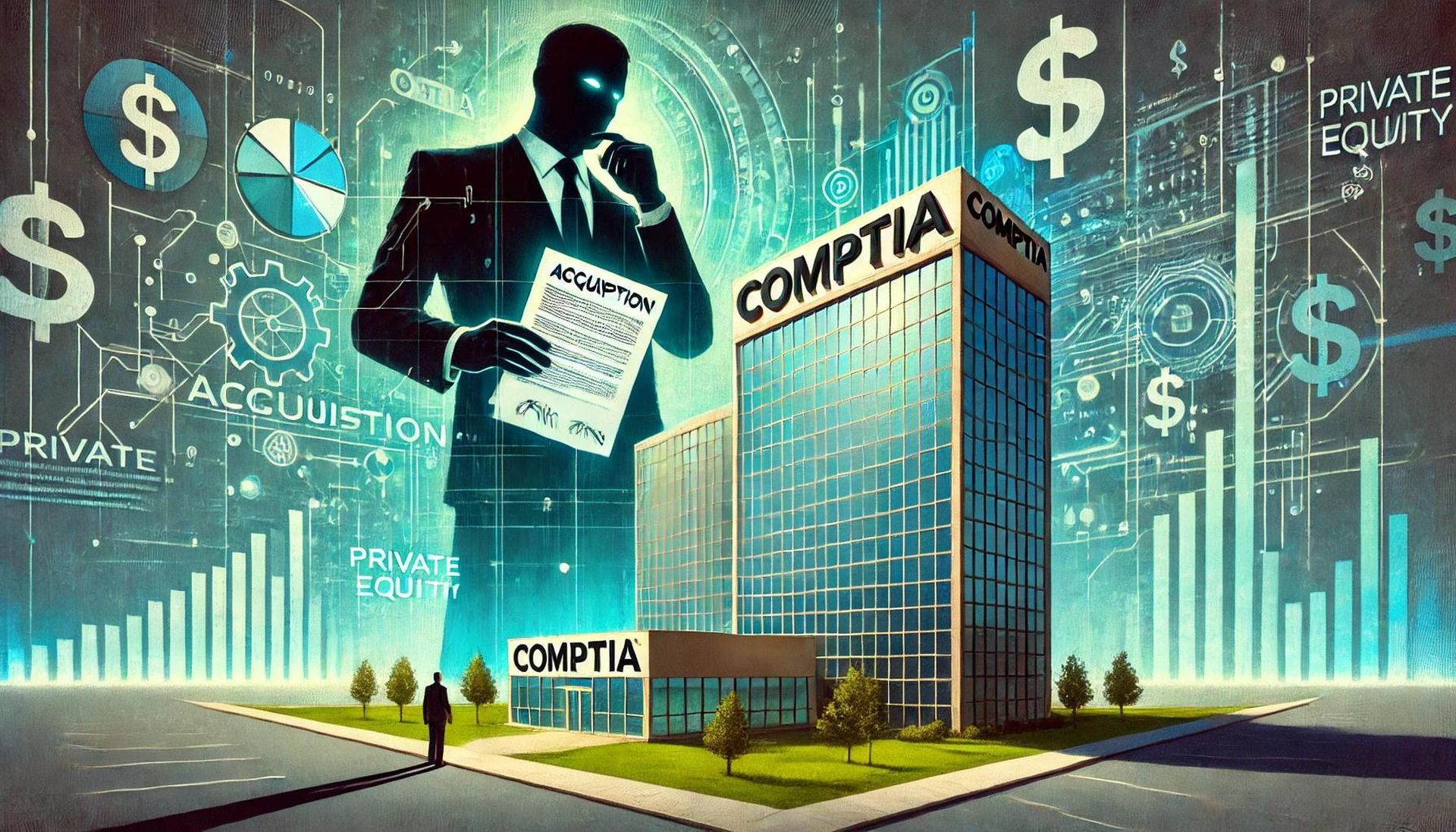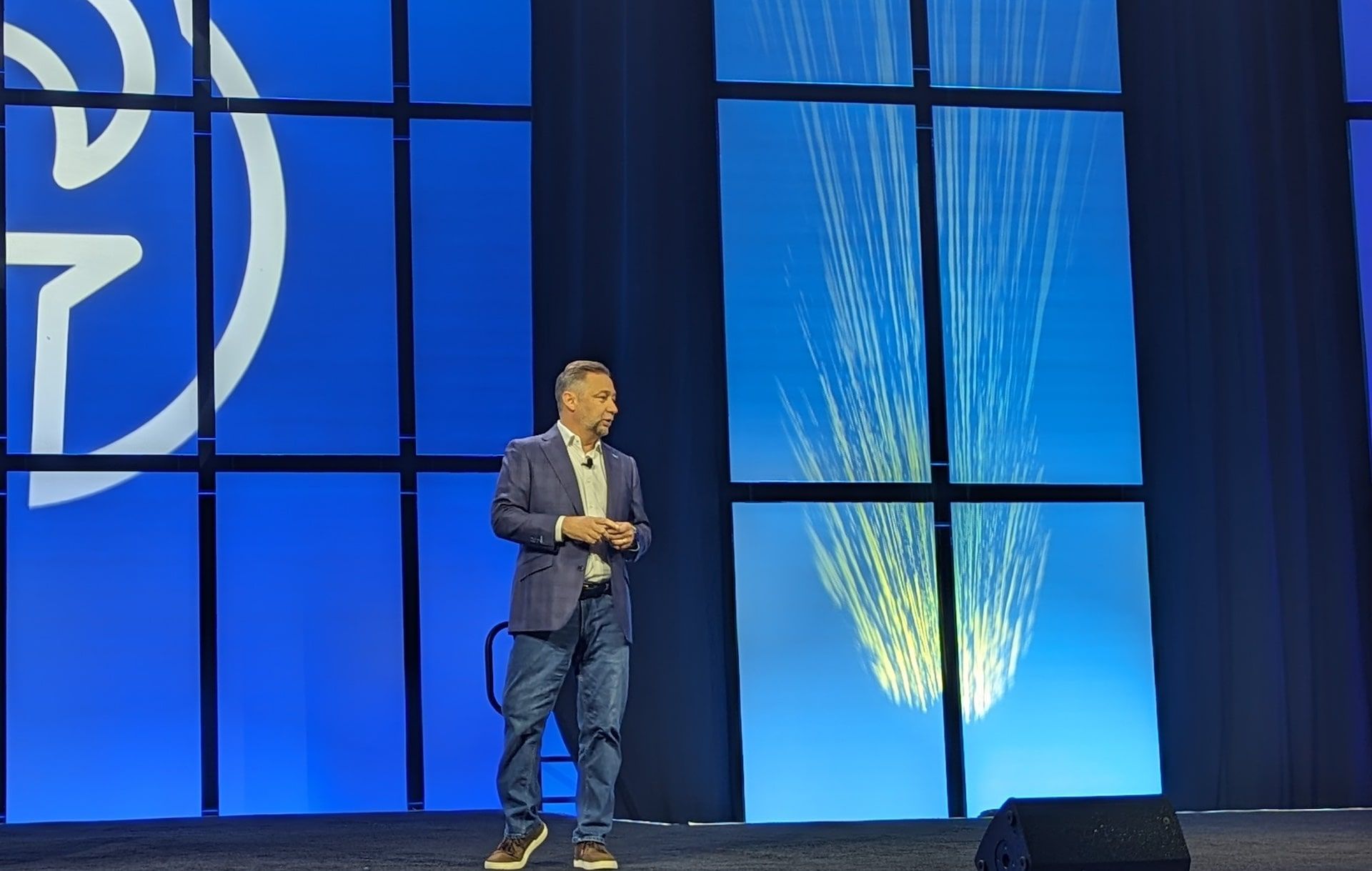The nature of technology is change. IT jobs today look vastly different than they did 15 or 20 years ago, and I'm sure will look even more different five years from now, and 10 years from now, and so on.
A couple of major shifts I have witnessed during my career is first the pivot from a break/fix model to a more proactive managed services model. Many IT professionals had to shift their way of thinking to start preventing issues before they arose. Another change involved the market saturation of mobile devices. Now technicians needed to add a few more operating systems to their knowledge base and learn how to support mobile devices. Finally, the current major shift involves a major network infrastructure and workload change, moving away from in-house servers and workstations to cloud-based apps and machines.
Artificial Intelligence: Career Killer or Creator?
The next big change on the horizon for IT professionals is that of artificial intelligence being able to take on some of the more menial IT tasks. Indeed, a survey by Simplilearn, titled How Automation is Changing Work Choices: The Future of IT Jobs in India, explores this very topic. The report states that repetitive jobs can be taken over by Artificial Intelligence (AI). Examples include manual testing, infrastructure management, BPO and system maintenance.
These tasks are already being offloaded to outsourced companies, so it isn't a huge leap to outsource them to artificial intelligence and could save a company a lot of money to do so. Routine maintenance of hardware and software is a task that cannot be overlooked but does not require a skilled technician to perform most of the time. When machines started to build cars, the highly skilled workers still had jobs to do. It's the entry level positions that will suffer the most when these technical tasks are left to artificial intelligence.
No matter what happens with artificial intelligence, there will always be room at the table for competent IT professionals. The report also says that the future of IT is in Cybersecurity, Big Data and Data Science, Big Data Architect, Big Data Engineer, Artificial Intelligence and IoT (Internet of Things) Architect, and Cloud Architect. There will be plenty of new jobs created in these areas when the shift to the cloud reaches mass adoption and more people integrate IoT operations into their business.
Ongoing training is extremely important too, over 50 percent of IT professionals with work experience of 4–10 years have invested in courses and training programs to help them build new skills. With the shifts that will certainly take place over an IT professional's career, those who find the most success in their career are the ones that are always learning new things, and remain on the bleeding edge of technology.




